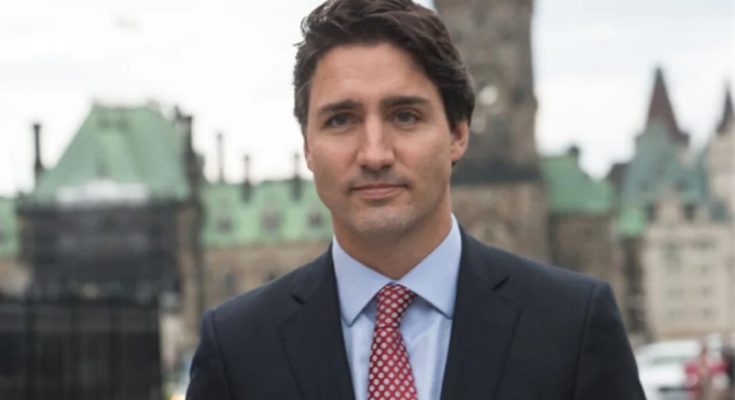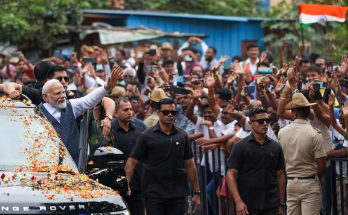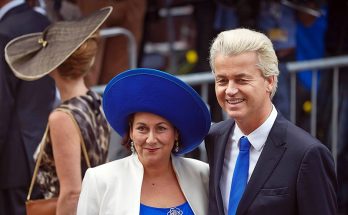#JustinTrudeau, #Canada, #India, #Khalistan, #Nijjar
IBNS: As political tides shift and global alliances fluctuate, leaders often face pressures to retain their power and relevance. Canada’s Prime Minister Justin Trudeau seems to be no exception to this phenomenon.
The recent episode involving unfounded allegations against India hints at a deeper issue that could be plaguing the leader’s office: is Trudeau’s political stronghold in Canada waning to the point where divisive tactics are seen as the only way out?
Over the past week, Al Jazeera carried two stories – Canada’s Trudeau rebuffs idea of stepping down in face of slumping support and Walk away, Justin Trudeau. Canada’s love affair with you is over, which signals Trudeau’s political capital and public support are fast-waning. Trudeau also could not gather international support from its allies to back up his claims – the Biden administration declined to issue a joint statement against India.
The allegations that India might have played a role in the assassination of Canadian Sikh leader Hardeep Singh Nijjar are startling, but may be politically motivated. For many, this move appears as a desperate attempt to play to a specific community within Canada. By lending credence to extremist views without concrete evidence, is Trudeau trying to woo a particular vote bank to secure his position?
Canada’s open support for extremist groups, like the Khalistan movement, is concerning. Instead of being based on evidence and careful evaluation, such endorsements appear more like political maneuvers designed to court a section of the Canadian population. This isn’t the neutral, fair, and principled Canada the world has known and respected; it’s vote bank politics at its most blatant.
It’s important to understand the background here. Historically, Trudeau’s leadership has received widespread acclaim for its progressive stance on various domestic and international issues. However, in recent years, there have been signs of dissent within Canada. Economic concerns, allegations of ethics violations, and other issues have put his leadership under scrutiny. Perhaps, in a bid to mitigate these challenges, Trudeau is trying to solidify a support base within specific communities?
But at what cost? When a leader resorts to divisive tactics, it doesn’t just hurt the nation’s image globally, but it can lead to rifts within the very fabric of the society. The Indian-Canadian community, an integral part of Canada’s multicultural mosaic, is now fraught with anxiety and apprehension due to these baseless allegations. Instead of uniting the diverse Canadian populace, such strategies risk tearing them apart.
Furthermore, by straining ties with India, a democratic powerhouse and a significant global partner, Canada jeopardizes its international standing. Aligning with extremist narratives may offer short-term gains, but in the long run, it will isolate Canada on the global stage.
In politics, desperate times often lead to desperate measures. But for a nation that prides itself on its unity in diversity, these divisive tactics can prove detrimental. As Trudeau’s power seemingly sinks, one can only hope that he reevaluates this approach. For the sake of Canada’s global reputation and the harmony of its diverse society, it’s crucial that evidence and mutual respect guide its relationships, both domestically and internationally.
(Photo and Text credit: Khalsavox.com)




